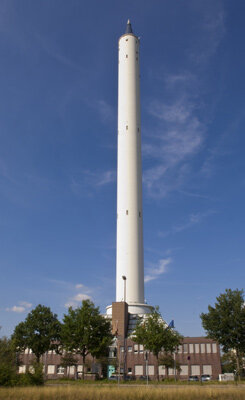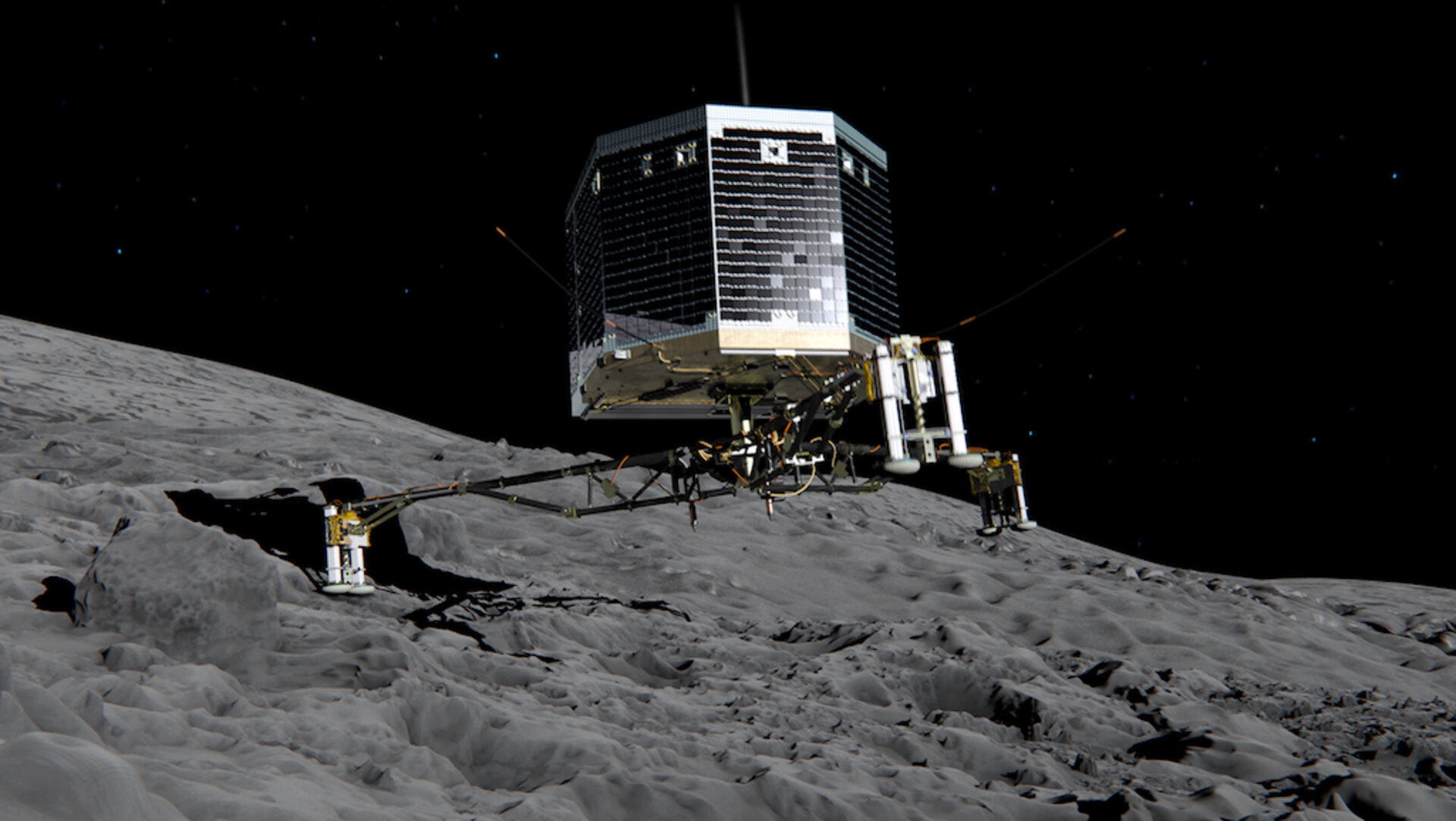Selected team for Drop Your Thesis! 2018 announced
ESA Education is pleased to announce the Land3U team has been selected to develop and perform their experiment in microgravity conditions for the Drop Your Thesis! 2018 programme.
The Land3U team, composed of six students from Cranfield University, aims to provide valuable insights into the engineering challenges that must be addressed by future CubeSat missions to asteroids. Specifically, this experiment aims at casting light on the expected energy dissipation at touchdown and, particularly, bridging the apparent disagreement between the low energy dissipation measured during the touchdowns of Philae and Hayabusa and the very high energy dissipation measured in previous low-velocity impact experiments in microgravity.
A 1U CubeSat mock-up structure mimicking a 3U landing (i.e. 3 kg) will be gently pushed (100 to 200 mm/s) against an asteroid simulant surface. The velocities before and after the touchdown will be recorded, so that the ratio of linear momentum loss can be measured.

The students will be supported throughout the entire development of the experiment by experts of ESA Education and ZARM. A member of the European Low Gravity Research Association (ELGRA) will also be on hand to provide advice and expertise in gravity-related research. The campaign is scheduled to take place during two weeks, from 12 to 23 November, 2018 at the ZARM Drop Tower in Bremen, Germany. During the first week, the team will perform the integration of the experiment with the ZARM drop capsule; during the second week, a maximum of five drops will be granted.
This opportunity complements other gravity research opportunities offered by ESA Education Office, such as 'Fly Your Thesis!’, 'Spin Your Thesis!' and the new ‘Spin Your Thesis! Human Edition’. For further information on these programmes, please refer to the ESA Education website.


